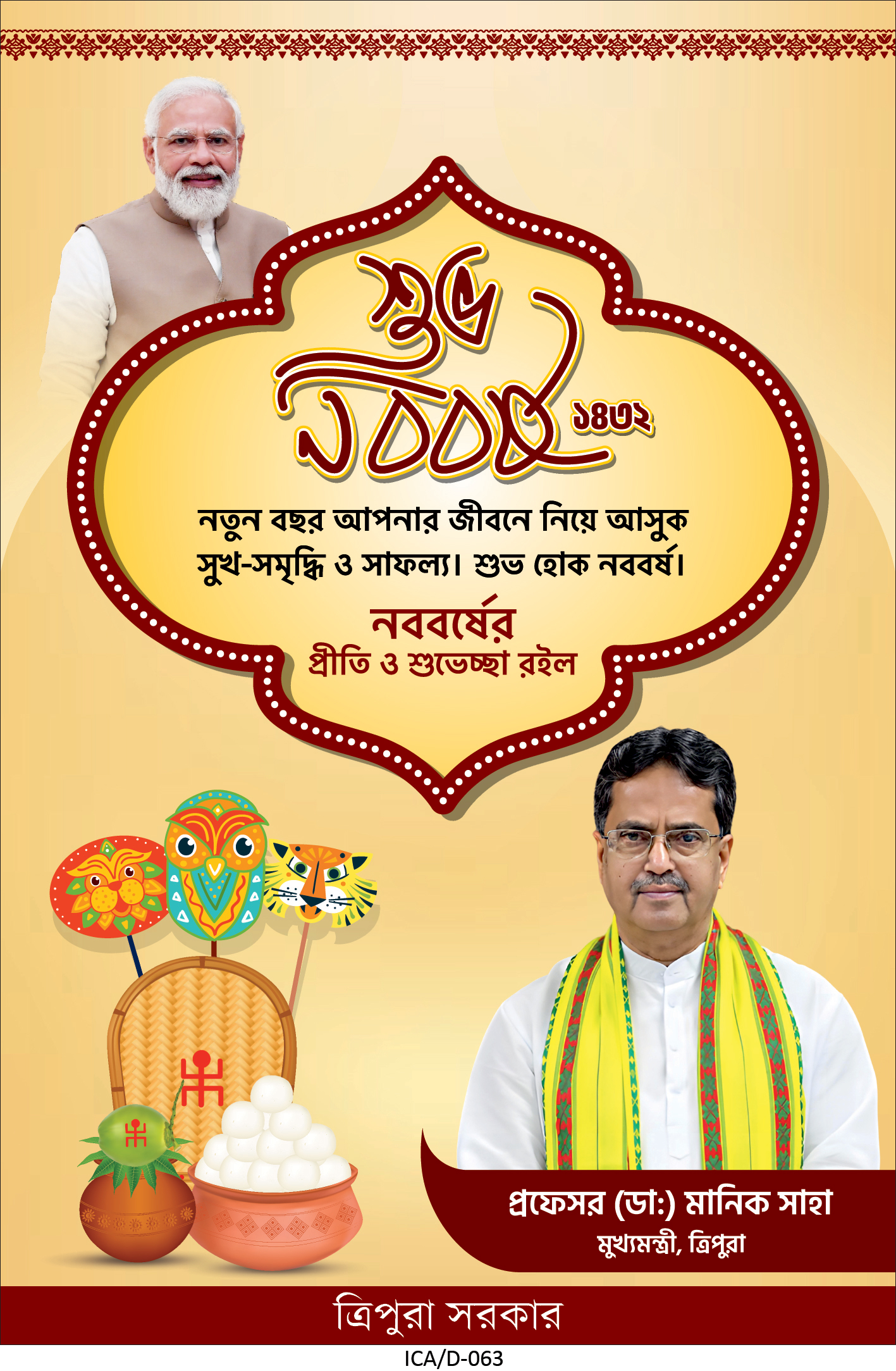The MHA held a fresh round of dialogue with Meitei-based CSOs to resolve the ongoing ethnic crisis in Manipur. The meeting addressed NRC implementation, illegal immigration, and security concerns while promoting peace efforts. Omar Abdullah also urged global market revival for Kashmiri artisans.
The Ministry of Home Affairs (MHA) conducted a fresh round of dialogue with leading Meitei-based Civil Society Organisations (CSOs) in New Delhi on Monday. The meeting underscores the Centre’s intent to foster peace through continued engagement with local stakeholders.
The 19-member delegation comprised representatives from three influential CSOs – the All Manipur United Clubs’ Organisation (AMUCO), the Coordinating Committee on Manipur Integrity (COCOMI), and the Federation of Civil Society Organisations (FOCS). They met with four senior MHA officials led by A.K. Mishra, Advisor to the MHA on Northeast Affairs. The discussions were also attended by MHA Joint Director Rajesh Kamble, along with Intelligence Bureau Superintendents Sunil Kumar and Rahul P.R.
The two-session meeting focused on multiple pressing issues threatening peace and security in the northeastern state. According to COCOMI coordinator Khuraijam Athouba, key points raised included the demand for the implementation of the National Register of Citizens (NRC) in Manipur to identify and deport illegal immigrants. This, the CSOs believe, is essential for preserving the identity and rights of the indigenous Meitei population.
A pivotal issue raised was the May 20 Gwaltabi incident in which security personnel reportedly directed a media team to conceal the “Manipur State Transport Corporation” signage on a bus carrying 20 journalists and Information Department officials. The delegation expressed public outrage over the matter and emphasized transparency and accountability in security operations.
Furthermore, the CSOs demanded enhanced security measures for farmers, whose livelihood has been severely affected by the ongoing instability, and insisted on restoring the free movement of people across the state without fear.
A major concern reiterated by the CSOs was the continued operation of armed militant groups under the Suspension of Operation (SoO) agreement. They firmly rejected the legitimacy of these groups, particularly the United Peoples’ Front (UPF) and the Kuki National Organisation (KNO), conglomerates of 23 underground outfits. These groups signed the SoO with the Centre in August 2008. There are currently 2,266 Kuki cadres residing in designated camps across the state.
The CSOs urged that genuine civilians belonging to the Chin-Kuki-Mizo-Zomi-Hmar communities be treated with due respect and separated from anti-peace elements. They believe that addressing these distinctions is vital for long-term reconciliation.
The meeting also involved detailed discussions on restoring public safety, implementing long-term peace mechanisms, and rectifying the Centre’s perceived inaction. The civil society groups have submitted numerous memoranda and organized widespread protests to demand effective solutions, and this engagement marks a renewed commitment to dialogue.
Sources within the MHA revealed that a separate dialogue with Kuki armed groups under the SoO agreement is scheduled for July 4. These discussions are intended to provide a balanced approach to conflict resolution, involving both Meitei and Kuki-Zo-Hmar communities, who have been at the center of recent ethnic violence.
The Manipur ethnic crisis has led to widespread displacement, disrupted livelihoods, and deep-rooted mistrust among communities. The government’s approach through continuous engagement is seen as a crucial move to stabilize the region and rebuild mutual trust.
In a separate but equally significant development, former Jammu and Kashmir Chief Minister Omar Abdullah, during a public interaction, called for the revival of Kashmir’s age-old artisan connection with global markets. He emphasized that the traditional skills of Kashmiri craftsmen, known worldwide for their intricate artistry in pashmina, wood carving, and carpet weaving, deserve international recognition and promotion.
| Also Read: President Murmu urges doctors to serve rural and tribal communities |
Omar Abdullah highlighted that reconnecting Kashmir’s artisans with global trade networks could significantly boost the region’s economy, provide employment opportunities, and preserve its cultural heritage. His remarks come at a time when efforts are being made nationwide to empower local artisans through export promotion and digital platforms.
Together, these parallel developments – the push for peace in Manipur and cultural revival in Kashmir – reflect a broader national initiative toward regional integration, socio-economic empowerment, and inclusive dialogue in resolving historical and contemporary issues.



